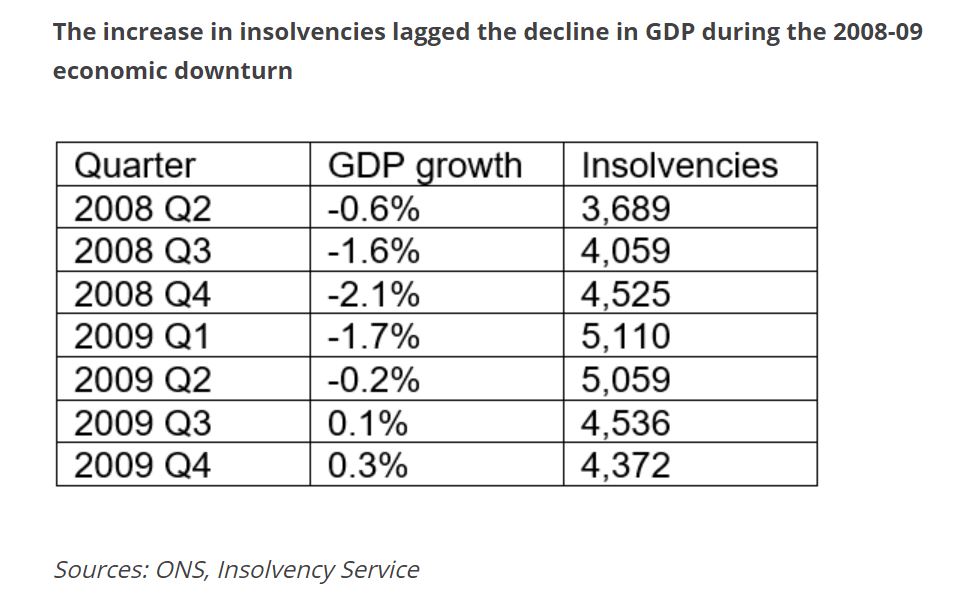The Office for National Statistics (ONS) has reported that the UK’s Companies House register has indicated that there has been a recent growth in company creation figures of single-person limited companies, largely those that are often below the VAT threshold and therefore not on the IDBR or in the VAT reporters index.
The news comes as the ONS launches two new sets of statistics to better understand business dynamism in the UK – a collective term for a range of factors relating to the opening, closing, and growth of businesses – to track the impact of the pandemic on the longer-term health of the economy.
Faster indicators
In collaboration with Companies House, ONS has begun publishing weekly indicators of company creations and closures in our ‘Faster Indicators’ publication.
The ONS has also published new quarterly estimates of business creations and closures from the Inter-Departmental Business Register (IDBR), which captures all businesses registered for VAT or PAYE, up to the end of June. These include, for the first time, estimates of the turnover and employment of the businesses that were removed from, or added to, the IDBR.
“The weekly data show that company creation slowed during April and May this year,” said the ONS. “This is also consistent with our monthly indicators of ‘new VAT reporters. However, the weekly indicators show an increase in company incorporations in June, such that the total for Quarter 2 2020 is in line with previous quarters; this trend continues in July.”
Both the weekly and quarterly data show business closures were lower during Q2 2020 than in previous quarters. Monthly data on insolvencies from the Insolvency Service are also consistent with this trend, said thr ONS, although insolvencies typically make up a small fraction of all business closures.
Business closures lower than expected
This appears contrary to expectations, as one might expect more businesses to go bust during the pandemic. However, there are a few reasons why we expect business closures to be lower at the moment, as noted by the Insolvency Service: difficulty filing insolvency paperwork due to social distancing measures; temporary easements of normal statutory demands, and filing requirements, allowing companies to avoid compulsory liquidations; and the government support measures currently in place for businesses.
The peak of insolvencies could be on its way
Additionally, evidence from the 2008-09 economic downturn suggests that even in a ‘normal’ recession business closures tend to peak after the trough in GDP growth.
While setting up a company is relatively quick, and so there is little lag on the decline in business creation, closing a business takes longer.
“The peak in insolvencies was one to two quarters after the lowest point of the recession and remained elevated even after the economy returned to growth,” the ONS reported.



